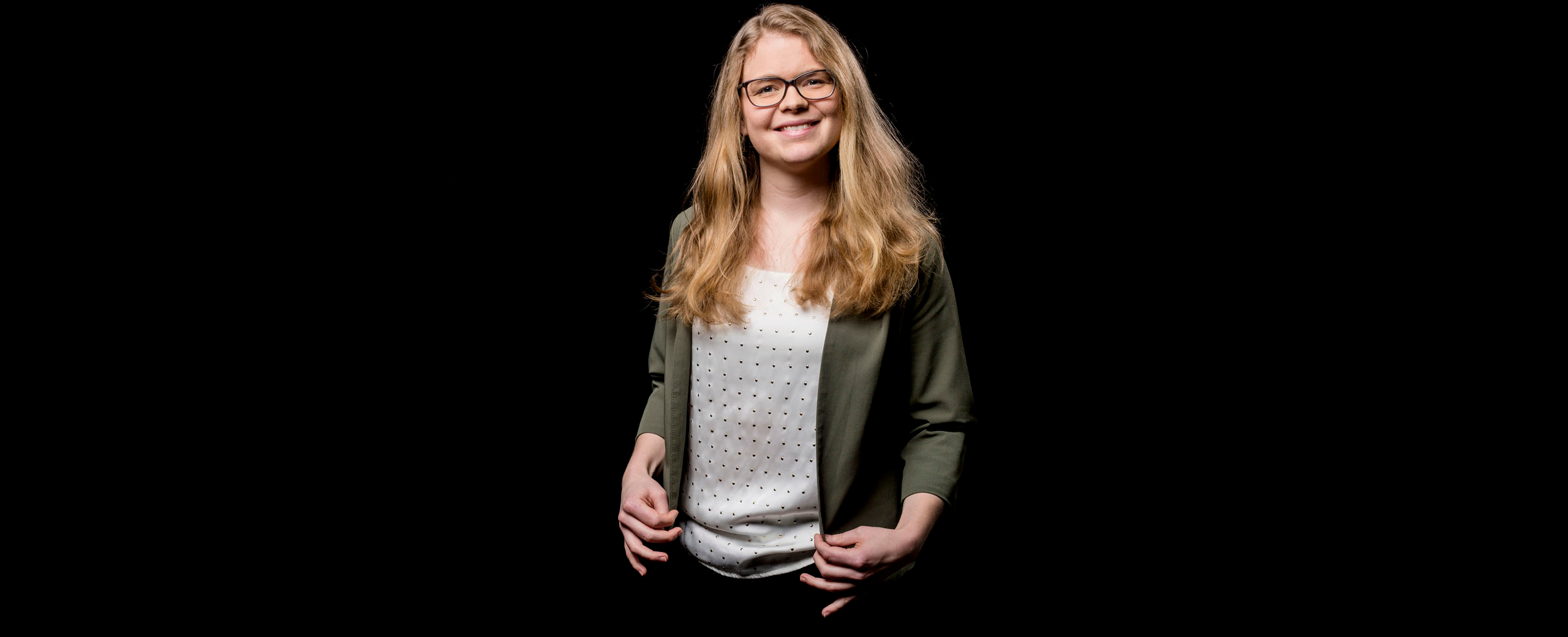The circular economy is driven by innovation. Micro, small and medium-sized enterprises (MSMEs) play a significant role in accelerating the circular economy in different parts of Africa. In many ways, circular business is thriving. Innovative ideas and businesses abound and MSMEs across the continent play an important role in creating jobs through business models that are in balance with the environment. But many companies face similar challenges and can profit from discussions with peers.
While working on the World Circular Economy Forum (WCEF), I have had the chance to familiarise myself with circular economy initiatives around the globe, including Africa. In different geographic regions, circular businesses operate in different realities, create revenue from different sources and face different challenges. A viable business model that increases circularity in one part of the globe might not find its niche elsewhere.
This year, WCEF is zooming in on Africa for the first time. Companies need to work together for the circular transition. At Sitra we are keen to explore how the WCEF2022 can provide an open discussion forum that is also beneficial for those working on the grassroot level to replace linear business with circular business.
To build the momentum for the WCEF2022, Sitra is supporting Footprints Africa in organising a series of collaborative coaching sessions for circular businesses in different sectors. They have created an impressive database of 500 circular economy solutions in Africa – and the database is still expanding. While building the database they hear a strong message from the field: many circular companies are looking for a platform where entrepreneurs working on similar challenges in different settings can get together, share experiences, learn from each other and support the shared goal to do good with their business.
The coaching sessions spur the discussion between entrepreneurs and other specialists in the field by asking questions that help provide new points of view for their businesses. Instead of looking for quick solutions, the participants can find ideas to overcome the challenges at hand.
It was exciting to listen in to the two first of these coaching sessions that focused on regenerative agriculture and businesses producing construction materials from plastic waste. In both sessions three entrepreneurs shared the main challenge they face developing their business. The sessions showed the benefits of bringing together people that share common experiences and challenges. The session was not open to all, which allowed building an atmosphere of trust for the discussion. Participants were excited and supportive of each other’s ideas. They had common experiences creating viable businesses in these sectors and acquiring the needed skills and technology. I could feel the participants’ excitement – something that is less common in webinars.
I am looking forward to the next steps of this fresh approach to support circular businesses to succeed. It is the results of continuous and determined work such as this that we get to celebrate at WCEF2022.
The next Hotseat sessions for circular MSMEs in Africa are organised on June 1 (black soldier flies) and on July 6 (electronics and e-waste). If you are interested in hearing more about the Hotseats series, please contact changemakers@footprintsafrica.co.
